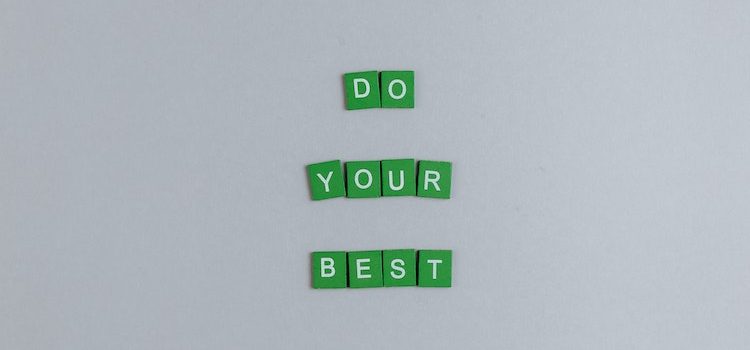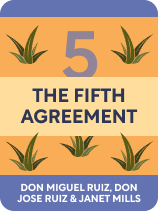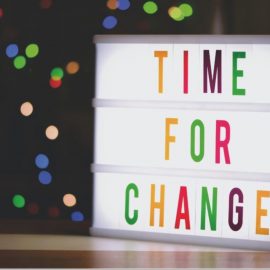

This article is an excerpt from the Shortform book guide to "The Fifth Agreement" by Don Miguel Ruiz. Shortform has the world's best summaries and analyses of books you should be reading.
Like this article? Sign up for a free trial here .
Do you always do your best? How should that be defined?
The fourth agreement in the Toltec path to enlightenment is “always do your best.” This is an agreement you can make with yourself that will help you continue to grow throughout your life. The key is to define “your best” well and learn how to set reasonable expectations for yourself.
Continue reading to learn what it means to always do your best.
Always Do Your Best
The fourth step on the Toltec path is to always do your best. As you work to challenge and adjust your beliefs and implement the first three steps, the naguals say you’ll inevitably experience missteps and mistakes. Don’t take that to mean you’re not improving. As long as you always do your best, you continue to progress. Growth takes time, the naguals admit, and a mindset shift like this is a big adjustment.
While striving to do your best, the naguals explain that it’s critical to maintain a realistic expectation of what your “best” is: Like everything else in our world, your “best” is relative. In short: Your best is whatever you can do right now. That capacity will change from moment to moment, and day to day.
If you define your “best” as the highest bar you’ve ever achieved and expect that of yourself no matter the circumstances, you set yourself up for failure and disappointment. In contrast, the naguals suggest, when you accept that you’ve done what you can for the day, you have no reason to beat yourself up; self-criticism becomes unnecessary and unreasonable.
| Maintain a Growth Mindset When we don’t succeed, we often punish ourselves—sometimes we spend years beating ourselves up for one mistake. But mistakes happen even when we try our best, the naguals say; they’re a sign that we’re growing. Don’t dwell on them—focus on getting better each day. In Drive, Daniel H. Pink recommends maintaining a growth mindset. He explains that people with a growth mindset believe they have the potential to get better at anything they want to do. As a result, they see effort as the driver of improvement, focus on progress over results, and examine their failures for useful feedback. He points out that it’s not possible to achieve total, effortless mastery, no matter the skill. There’s always more to learn and new situations to apply your knowledge to, and improving isn’t easy. As you practice changing the way you see your world, keep in mind that judgment and self-criticism are deeply ingrained habits. Changing your thinking is difficult, and it won’t happen overnight—so just do what you can each day. Take pride in incremental progress; improvement is success. Your capacity isn’t static: If you couldn’t succeed today, don’t take that to mean you never will! |
Avoid Comparison
You won’t grow at the same rate as those around you, the naguals say, so don’t compare yourself to others. Their reality is different, as is their capacity, and focusing on the idea that you’re doing “better” or “worse” than they are will only harm you both. Holding yourself to an unrealistic standard is what makes you unhappy, and you’re not helping others by demanding they be “better” than they are. Each person’s best is unique to their needs, circumstances, and abilities.
(Shortform note: The type of social comparison the naguals recommend we avoid are those we use as vehicles for judgment—to denigrate ourselves or others. But not all social comparisons are negative: For example, an “upward” comparison, say between oneself and a role model could serve as a source of motivational inspiration. Similarly, a “downward” comparison, between yourself and someone less fortunate, can highlight opportunities to be generous or helpful. However, be careful: The more comparison you engage in, the more likely it is to damage your self-image.)
Once you’ve learned to define “your best” and set expectations for yourself, you’ve set the stage to always do your best.

———End of Preview———
Like what you just read? Read the rest of the world's best book summary and analysis of Don Miguel Ruiz's "The Fifth Agreement" at Shortform .
Here's what you'll find in our full The Fifth Agreement summary :
- The five “agreements” to make with yourself that adjust your outlook
- How to rediscover your true self and recapture the freedom you felt as a child
- A five-step process to escape the mirage of “the real world”






